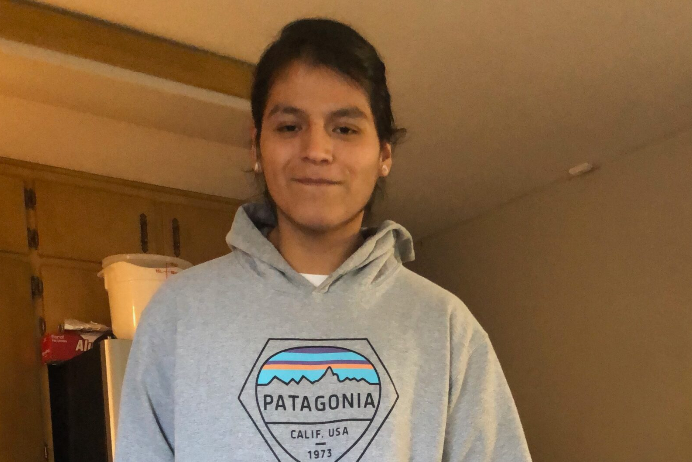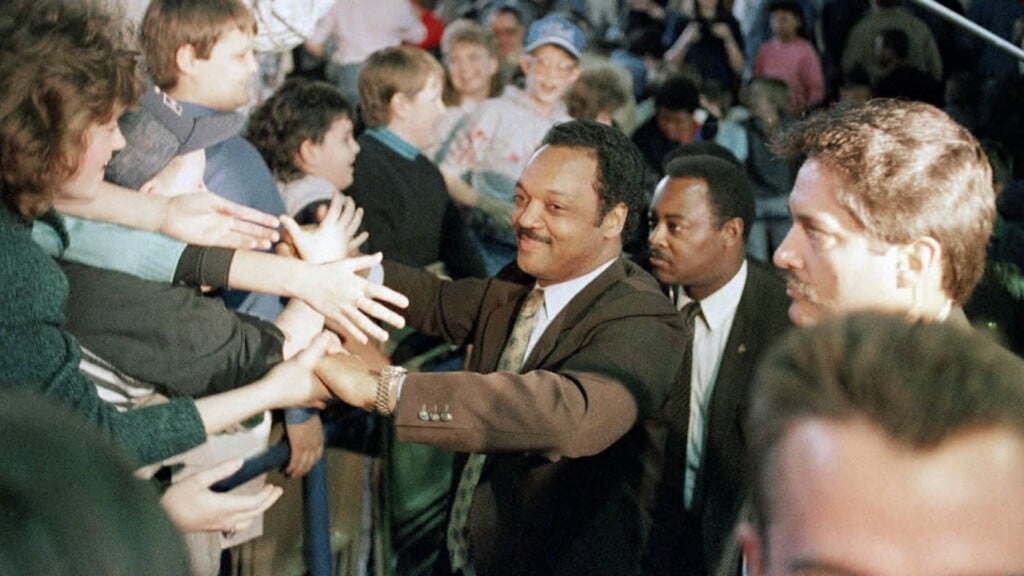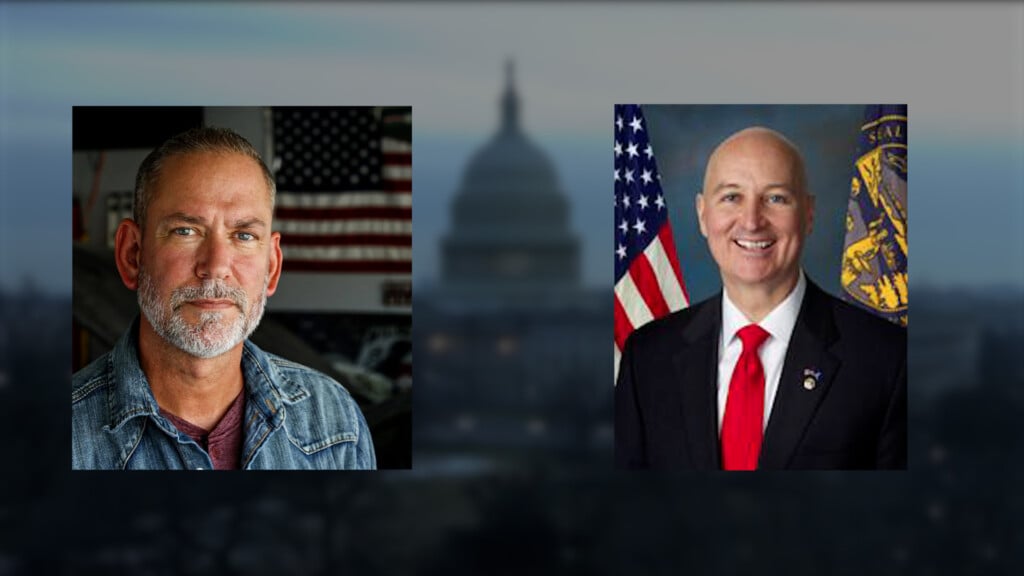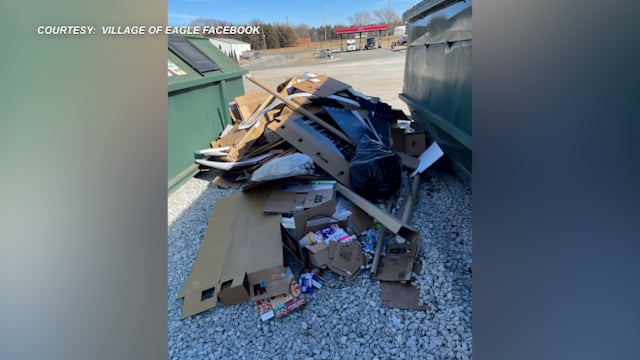Attorney says Fortenberry could have misheard or misunderstood key phone call
LOS ANGELES (Nebraska Examiner) — An FBI agent leading the investigation into illegal “straw man” political contributions funneled to Rep. Jeff Fortenberry testified Thursday that the congressman was informed at least four times during a June 2018 phone call that the donations were problematic.
Special Agent Todd Carter said that up until that cellphone call, made by a Los Angeles doctor who had hosted a $30,000 fundraiser two years earlier, investigators weren’t sure of Fortenberry’s involvement.
The investigation, he said, initially involved donations to other politicians, including then-Rep. Lee Terry of Nebraska and now-Sen. Mitt Romney of Utah.
Fortenberry became “more of a focus,” Carter said, after investigators listened to the congressman ask Dr. Elias Ayoub to host another fundraiser and talk about who should ask about getting more funds from Nigerian-Lebanese billionaire Gilbert Chagoury.
“At the time, it appeared that he knew of the illegal campaign contributions because he was asking for another (fundraiser),” Carter testified.
The exchange, and the playing of a recording of the call between Fortenberry and Ayoub, was a highlight Thursday in Fortenberry’s trial. He stands charged with lying and misleading federal agents about receiving $30,000 that originated from Chagoury, which was funneled through Ayoub and a group of his Lebanese-Americans relatives living in the L.A. area in 2016.
The trial, which is expected to conclude Tuesday, is moving more slowly than expected. Opening arguments didn’t occur until Thursday morning, a day after expected.
During his opening statement, Glen Summers, a lawyer for Fortenberry, tore into allegations that the 61-year-old congressman knowingly and willingly lied to federal investigators.
Summers said it was quite possible that he didn’t hear what was said in that pivotal 10-minute call, that he didn’t understand what was said or that he was distracted.
The defense attorney told jurors that the congressman often handled calls about fundraising “on autopilot.” He said that failing to hear even a couple of words during the call could have changed the entire context.
“He didn’t lie to the agents ever,” he said.
“He did precisely the opposite” and tried to assist investigators, Summers said.
But prosecutor Jamari Buxton said Fortenberry clearly understood what he was told by Ayoub, who had hosted the 2016 fundraiser. Ayoub said that the $30,000 he had received at that event “probably” originated from Chagoury, who lived in Paris but also had a home in Beverly Hills.
Political donations from foreigners are illegal, including those given through a “conduit” or “straw man.”
“This is a case about choices,” Buxton told jurors. “A series of choices that led the defendant down a path of lies, concealment and deception.”
Fortenberry, who has represented Nebraska’s 1st Congressional District since 2005, is facing three federal felony charges: that he lied to federal investigators during two interviews in 2019 and that in 2018, he failed to amend his federal campaign spending report to reflect that the $30,000 didn’t come from Lebanese-Americans in L.A., but from Chagoury.
Summers, in his opening statement, told jurors that the charges were based on “one very vague statement” from Ayoub, who was by then cooperating with the FBI, during the call.
The recording, played for the jurors, has the doctor telling Fortenberry that the $30,000 “probably” came from Chagoury but also that “maybe” Chagoury could provide more money for the congressman’s 2018 campaign.
Ayoub also said that the money was given to him by a Chagoury associate, Toufic Baaklini, to be provided to Fortenberry “because he’s so grateful for your support of the cause” – the protection of Christians in the Middle East.
Ayoub also told the congressman that “last time,” Baaklini had provided $30,000 but that the next fundraiser might not net as much.
“Yeah, but there’s no problem,” Fortenberry responded at one point during the phone call. “It’s very hard to raise money,” he added, saying he was hoping for a “continuation of the fine generosity” shown in 2016.
Fortenberry’s attorney, during his opening arguments, sought to discredit the recording and suggested that his client was never aware that the money was illegal.
Summers added that FBI agents never checked the reliability of cellphone service to Fortenberry’s Lincoln home prior to the phone call.
“They assume that (Fortenberry) heard it, that it registered, and that he remembered it about a year later,” Summers said.
At one point, Summers complained that the FBI hadn’t turned over the recording device used to document the call, suggesting that the recording might have been inaccurate.
But U.S. District Judge Stanley Blumenfeld sternly rejected that, saying that the defense had not presented any evidence that the recording had been altered or was inaccurate. He added that the defense had asked to examine the recording device only a couple of days before the trial.
Summers, during his opening statements, suggested that the FBI had “set up” Fortenberry because its investigation into illegal foreign contributions had become “a big nothing burger” by the time of the June 2018 call.
Summers accused Carter of using the call to “feed” Fortenberry information that the donations were illegal. He said the FBI was planning to indict the congressman even before Ayoub made the call.
“He saw this finally as an opportunity for the big takedown,” the defense attorney said.
In 2019, it was revealed that Chagoury had agreed to pay a $1.8 million fine in connection with $180,000 in illegal political contributions to a handful of U.S. politicians. But none of the other recipients of Chagoury’s gifts was indicted.
Terry said he gave away the Chagoury donations to charities after learning that they were illegal. But Fortenberry didn’t “disgorge” his gifts until late 2019, after two interviews with FBI agents and after asking for a second L.A. fundraiser in 2018.
Two other associates of Chagoury, including Ayoub, also reached plea deals with the feds in the case.
Buxton, one of the lead prosecutors, said that Fortenberry “knew and understood” that the 2016 donations were illegal and that he had dismissed the suggestion that they were illegal by saying, “no problem.”
The prosecutor said that Fortenberry had become friends with Chagoury and Baaklini because of their shared interest in protecting Christian minorities in the Middle East. Baaklini was the leader of a group funded by Chagoury called In Defense of Christians. Fortenberry spoke at more than one event organized by the group.
Carter, the FBI agent, testified that there is a concern about such foreign donations because it indicates an attempt by foreigners to influence American politics and might be a bribe in exchange for official action. Prosecutors have pointed out that a congressional resolution “favored” by In Defense of Christians was passed amid the FBI investigation.
Carter acknowledged that he uses “stealth and deception” to investigate crimes, such as not being truthful about why someone is being interrogated. He said the FBI also routinely doesn’t give people advance warning about an interview. That, Carter said, is a standard investigative technique so that subjects can’t concoct an excuse or story.
A key part of Fortenberry’s defense will be to tear down the credibility of Carter and federal investigators, and Summers’ voice rose as he tried to do that toward the end of the day.
“I apologize,” he said at one point. “I’m very passionate about this case.”
The judge ordered Summers to “lower the temperature.”
In his opening statements, Summers said FBI agents had “ambushed” Fortenberry during their initial interview with him in March 2019, arriving unannounced at the congressman’s Lincoln home.
Summers also said they used a “ruse” by telling Fortenberry that they were doing a “background investigation” that had a “national security component,” not probing whether he had accepted an illegal contribution.
“Their intention was not to get information … no, it was to indict Congressman Fortenberry,” Summers said.
Fortenberry, sitting closest to the judge and witnesses at the defense table, quietly watched the proceedings, focused intently on the witness or the lawyers providing arguments.
At one point, he slightly nodded his head as Summers suggested that the congressman could not have been involved in any conspiracy with Baaklini and Chagoury because Fortenberry was asking for new contributions in 2018, seven months after the two men became aware that Ayoub was cooperating with the FBI.
Fortenberry’s five daughters, and his first grandchild, sat in the front two rows of the gallery. His wife, Celeste, sat outside in a hallway, part of an agreement that she would not be present for some testimony because she was a potential witness. It has not been decided if the congressman will testify in his own defense.
Prosecutors had objected to Summers showing pictures of Fortenberry’s family and the family dog during the defense’s opening statement, saying that was an attempt to curry sympathy from the jury of eight women and four men.



